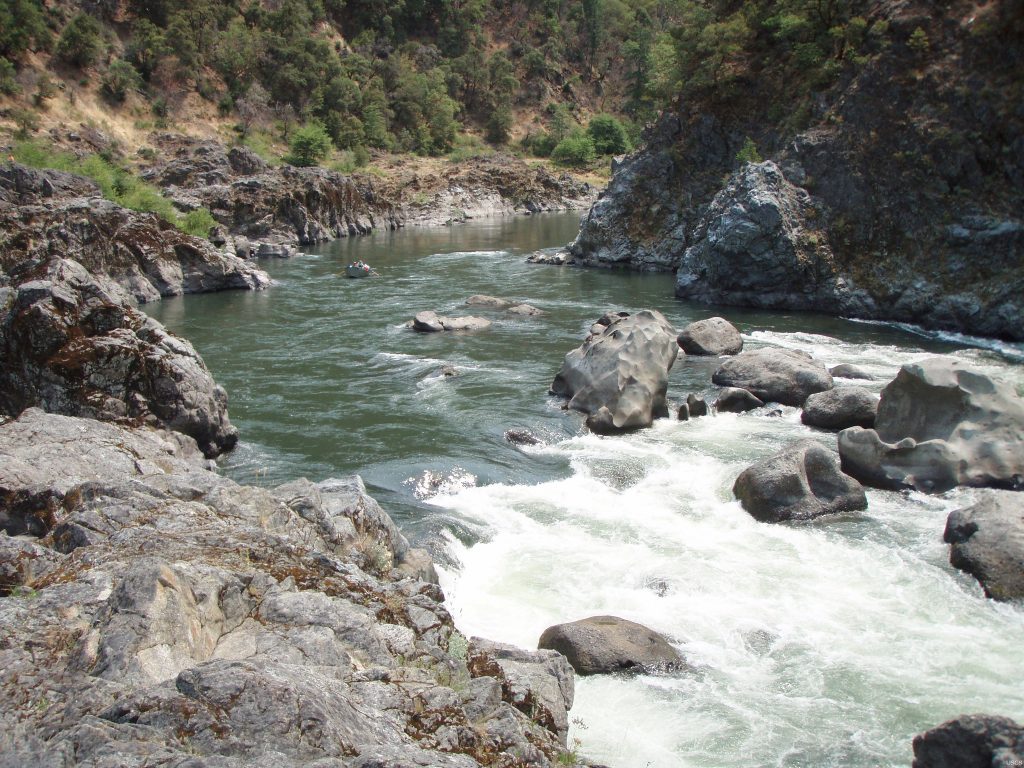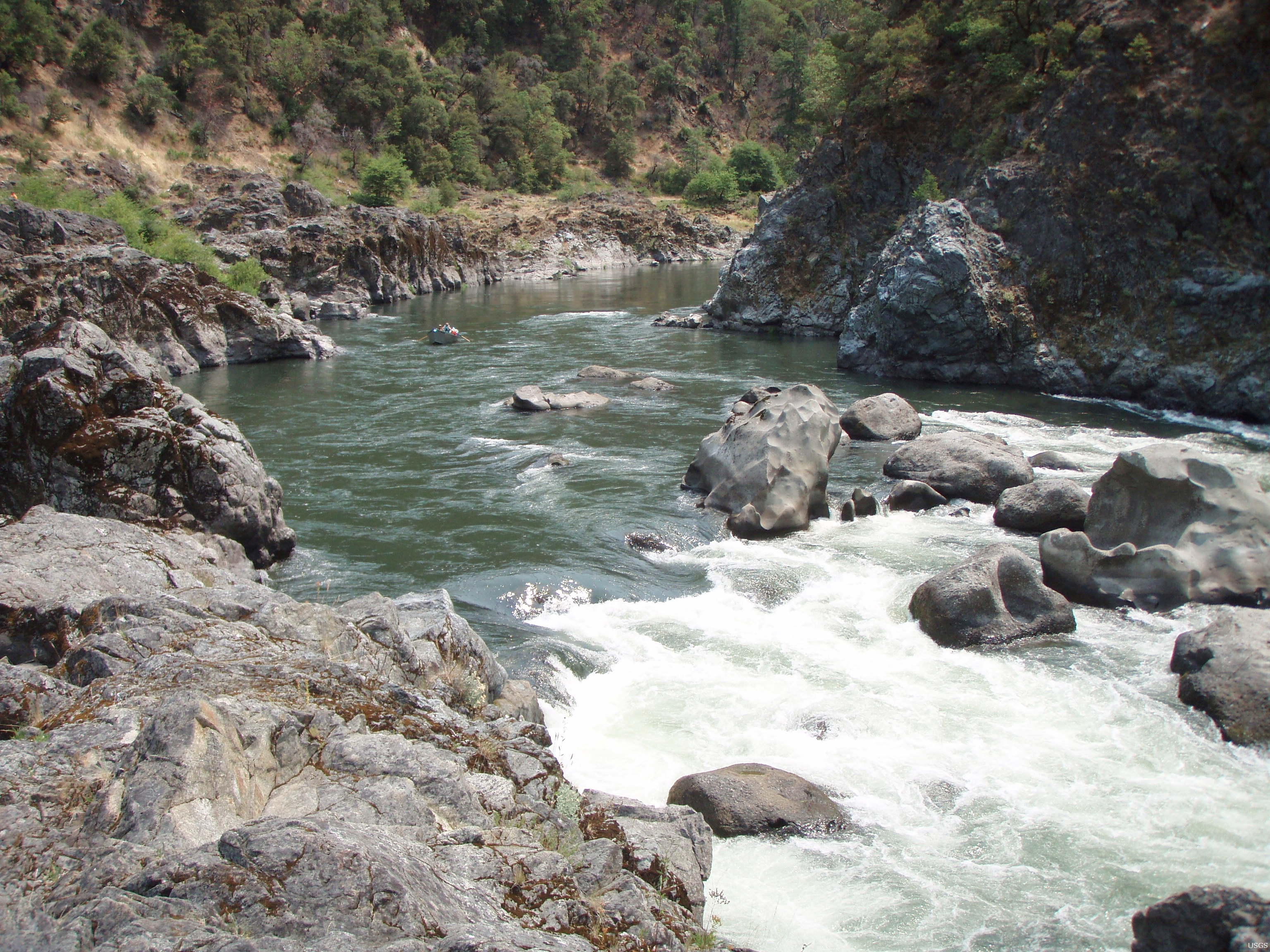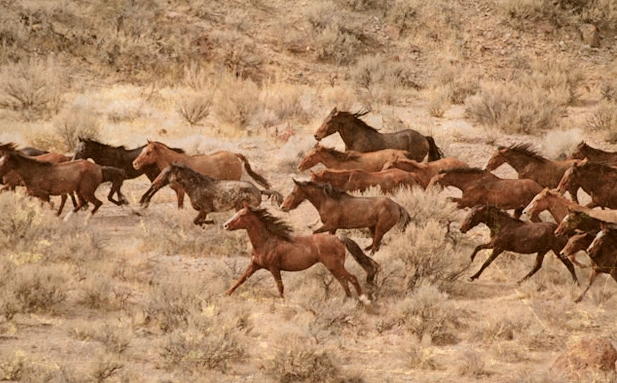The plaintiffs claim BLM’s own analysis found that state and county governments are already protecting the river, so leaving the segment undesignated wouldn’t threaten its wild and scenic values.
Mateusz Perkowski
Oregon ranch fighting Rogue River management plans
An Oregon ranch is challenging federal management plans for a 63.5-mile stretch of the Rogue river, arguing they’ll impede stabilization of the volatile river channel.
The Double R Ranch of Eagle Point, Ore., filed a lawsuit against the U.S. Bureau of Land Management for adopting plans to protectively manage the segment, which is eligible for designation as a “Wild and Scenic River.”

Aside from hindering permits needed to fortify the river, BLM’s decision will complicate changes to irrigation diversions and the development of water rights, the complaint said.
The lawsuit is joined by the Oregon Cattlemen’s Association, which worries other ranchers will encounter such problems, as well as the Oregon Concrete and Aggregate Producers Association, which fears barriers to erosion control efforts.
Capital Press was unable to reach a representative of BLM as of press time.
In 2016, BLM determined the 63.5-mile segment is “suitable” for protection as a Wild and Scenic River, which is the final administrative step before Congress can make that designation.
However, this particular stretch has a long history of human manipulation, disqualifying it from designation because it’s not “free-flowing” as required by federal law, the complaint said.
“Throughout the proposed segment, streambanks have been extensively modified, armored, and engineered to stabilize the river channel,” the complaint said.
This segment of the Rogue river is prone to “extreme flood events” and channel migration, so further work will be needed to reinforce its streambanks with rip-rap rock and otherwise avoid undesirable upland impacts, the complaint said.
Gravel pits near the channel are susceptible to being inundated or “captured” by the river, which has occurred in the past, polluting the water with massive amounts of sediment, according to plaintiffs.
A coalition of landowners, government agencies and conservationists has rectified past problems, but the U.S. Army Corps of Engineers would “almost certainly deny” future permits for such projects due to restrictions associated with the Wild and Scenic Rivers Act, the complaint said.
“Thus designation of the proposed segment would effectively halt future bank and channel protection activities,” the lawsuit said. “That could result in further pit captures, severely degrading downstream fish habitat and frustrating the very purposes and policies the WSR Act was created to protect.”
The plaintiffs claim BLM’s own analysis found that state and county governments are already protecting the river, so leaving the segment undesignated wouldn’t threaten its wild and scenic values.
“Designation would duplicate local management and could easily undermine it,” the complaint said.
Upper and lower reaches of the Rogue river are already designated under the Wild and Scenic Rivers Act, but those sections flow mostly through public land, according to the plaintiffs.
“In contrast, the proposed segment comprises almost entirely private property, with insignificant land ownership by federal agencies,” the complaint said.




